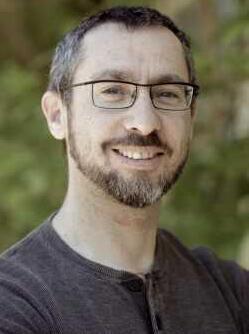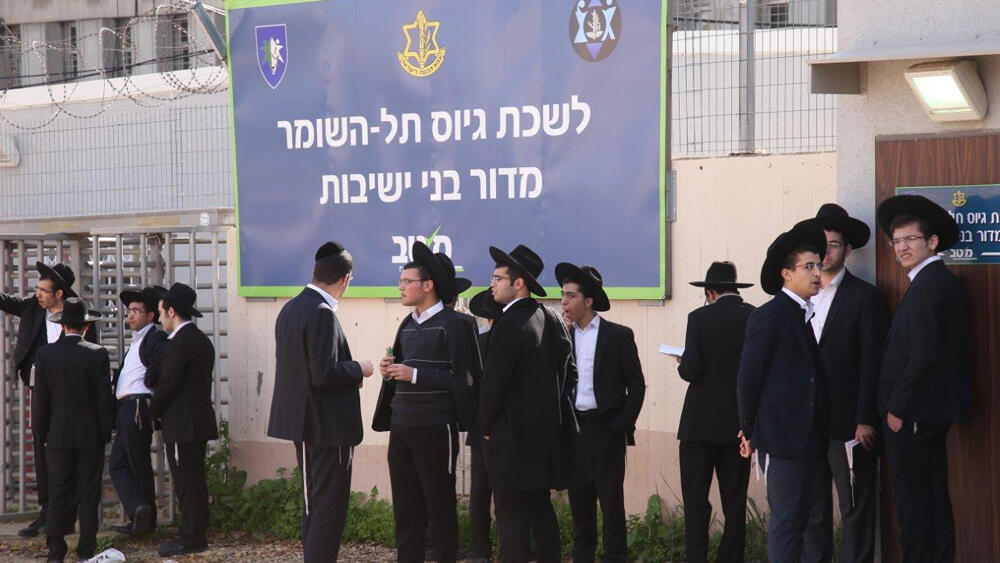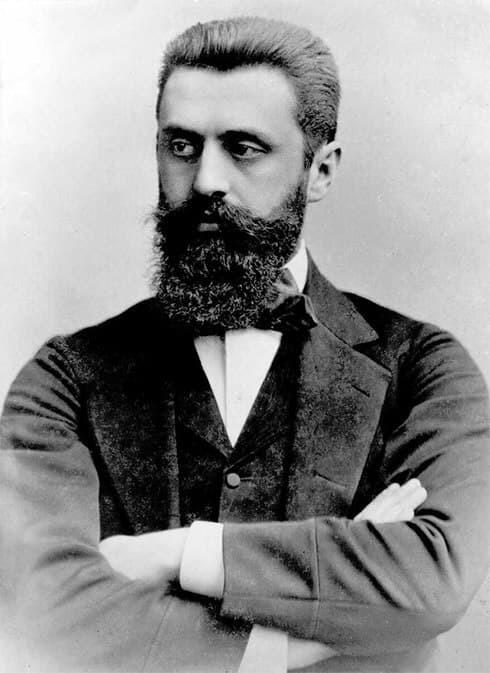Getting your Trinity Audio player ready...
The government’s proposed Basic Law: Torah Study sparked controversy for a day, maybe two at most. However, since the proposal requires Israelis to reconsider the Zionist vision and ask themselves where it’s headed, perhaps it would be better to think about it for several days, and even months.
More stories:
"Those who commit to studying the Torah will be considered as serving a meaningful role for Israel and the Jewish people," according to the proposed law. This could be seen as a tactical statement, but it should be seen as an ideological stand.
After the proposal was presented, attention was directed toward two different questions. The first, and mundane one, is the question of timing – just a day after the Knesset passed legislation to restrict the Supreme Court's use of the reasonableness clause. As Knesset member Matan Kahana noted: "My ultra-Orthodox brothers, do you really think that yesterday was the right day?"
The second question wasn’t about the timing, but the purpose. It was dubbed the “Conscription Waiver Law" by National Unity party lawmaker Gadi Eisenkot. This approach focuses on what the law is meant to achieve: preventing the possibility of conscripting yeshiva students. If we view the proposed law merely as a tool and not as a matter of ideology, we miss the crucial discussion about it.
What is this crucial discussion? It revolves around the question of whether Torah study is a fulfillment of an individual will or a national mission. Are rabbis everyone’s representatives? The ultra-Orthodox community has a strong case: generations of Torah scholars did what was perceived as the Jewish people’s calling. To study the Torah.
Zionism replaced this idea with nationalism. Its heroes were the stateman Binyamin Ze'ev Herzl, the strategist David Ben-Gurion, the pioneer Joseph Trumpledor, and the Jewish resistance leader Menachem Begin.
Of course, there were also poets and intellectuals, but most of them worked to make the Zionist dream a reality. They looked back with nostalgia and pity at the yeshiva students stuck studying in dark rooms.
Secular Zionism almost completely abandoned the Torah in favor of its realization; Religious Zionism preserved the Torah yearning for its own realization as well. These two are challenged by ultra-Orthodox Jewry.
They never fully accepted the Zionist vision, neither the one that expressed the abandonment of the Torah nor the one that supported studying it. Their leaders hold a compass pointing to a different goal, and the rest follow devotedly.
Their goals are worthy of discussion because they pose a challenge to the Zionist majority. A significant majority of Israelis see military service as an expression of Jewish-Zionist identity. Military service in the Israel Defense Forces is not just a formality; it’s not comparable to paying taxes or driving according to the speed limit.
To them, it’s a civic duty that has acquired a quasi-sacred status. Being a good Jew means serving in the IDF. This is what seven out of 10 Jews in Israel believe.
 Shmuel Rosner
Shmuel RosnerThe Basic Law: Torah Study seeks to uproot this unique, exclusive holiness given to military service in Israel, and provide the option for another type of holiness. It wants to say that Joseph Trumpledor, the Jewish pioneer, and a yeshiva student in Jerusalem have the same status.
It would be a mistake to dismiss this claim as a debate about tactics. It is worth trying to offer a substantial response, while redefining why military service is more valuable and sacred than studying the Torah in Israel.
Shmuel Rosner is a senior fellow at the Jewish People Policy Institute.




